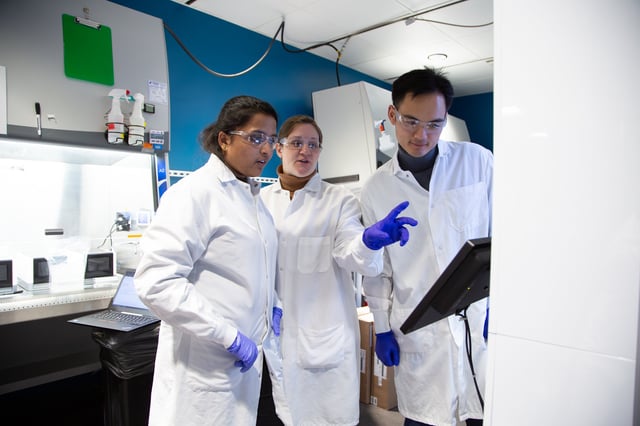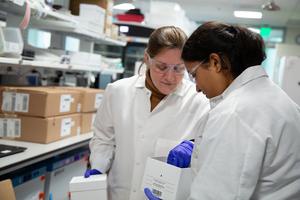Overview
- The Allen Institute, CU Anschutz, UC San Diego, and Benaroya Research Institute profiled ACPA‑positive at‑risk individuals and controls over seven years with transcriptomics, proteomics, and flow cytometry.
- At‑risk participants showed body‑wide inflammation and immune dysregulation before disease, including pro‑inflammatory B cells and a marked expansion of Tfh17‑like helper T cells.
- Naive T cells exhibited epigenetic reprogramming, indicating altered gene regulation preceding any clinical symptoms.
- Circulating monocytes resembled macrophages from inflamed RA joints and produced high levels of inflammatory molecules, revealing joint‑like signatures in blood.
- Sixteen of 45 at‑risk participants (36%) developed clinical RA in about 1.5 years, and the authors call for larger, more diverse cohorts to validate predictive biomarkers and assess prevention strategies.


